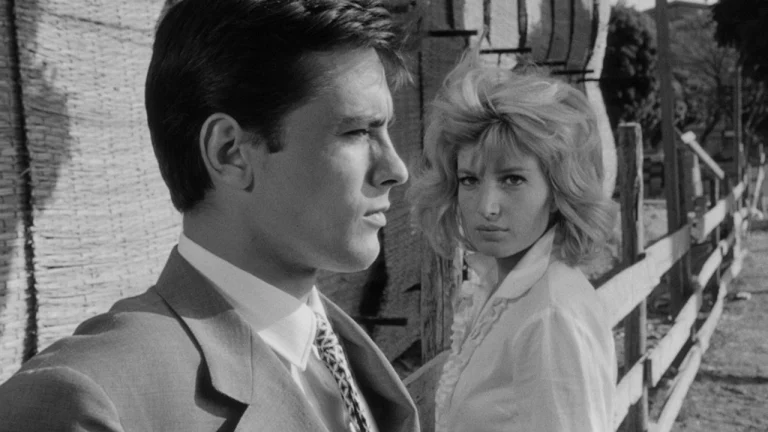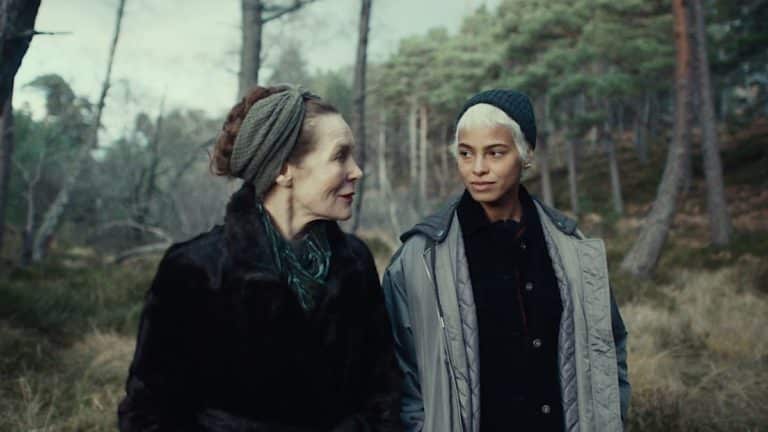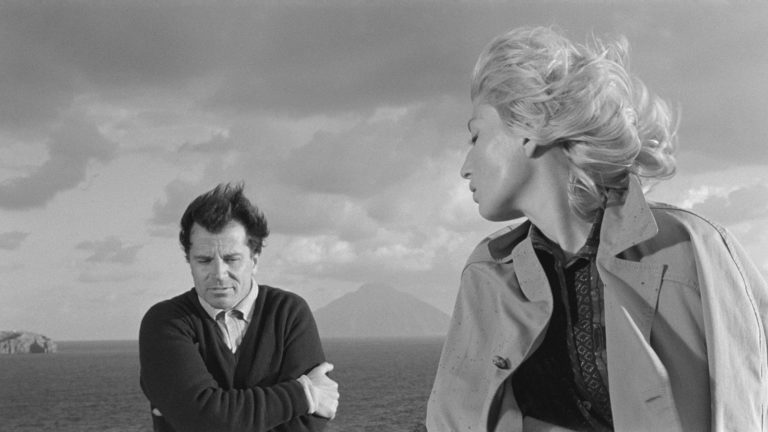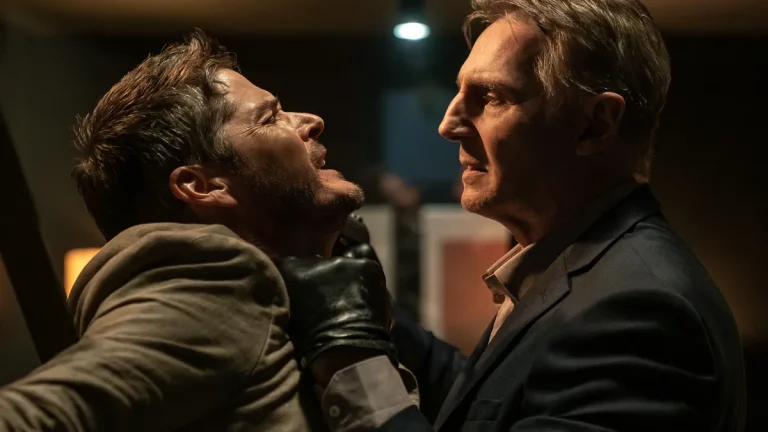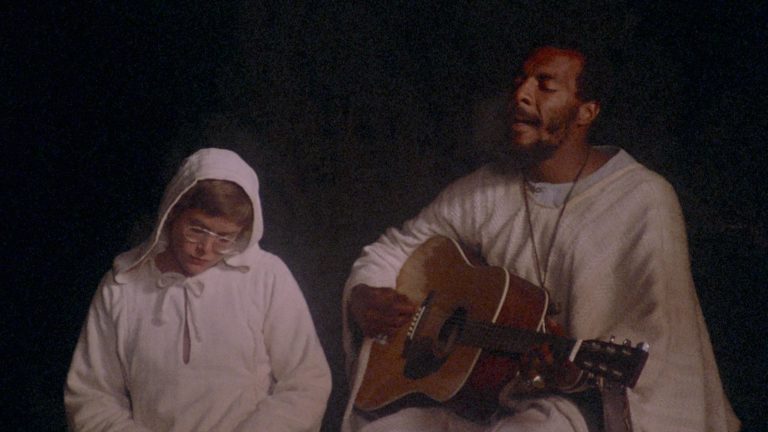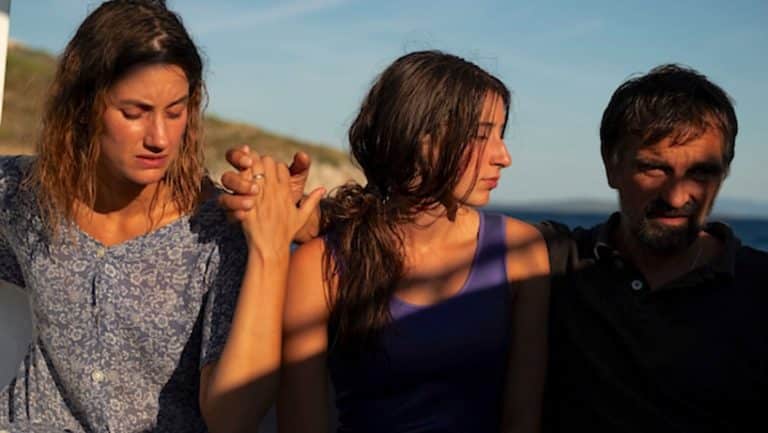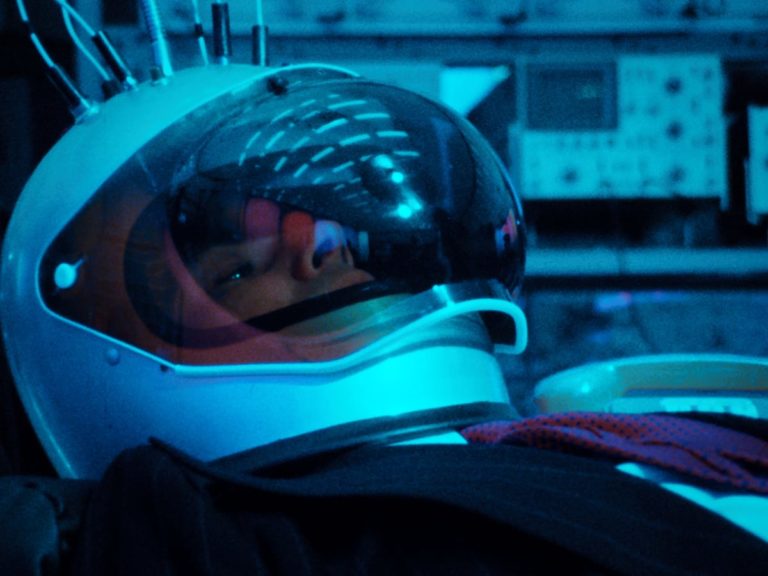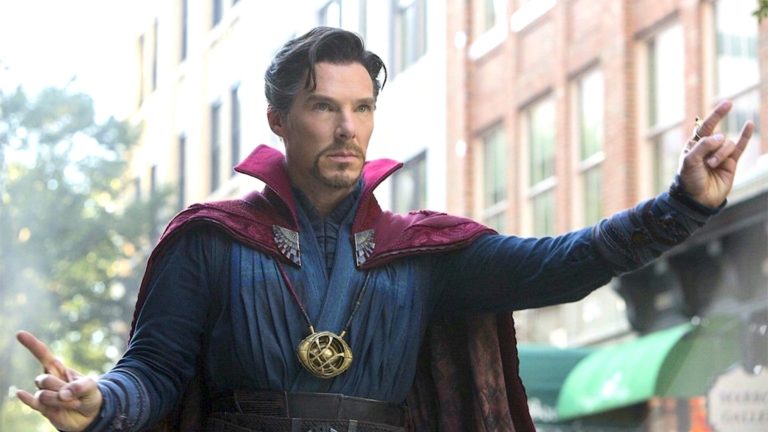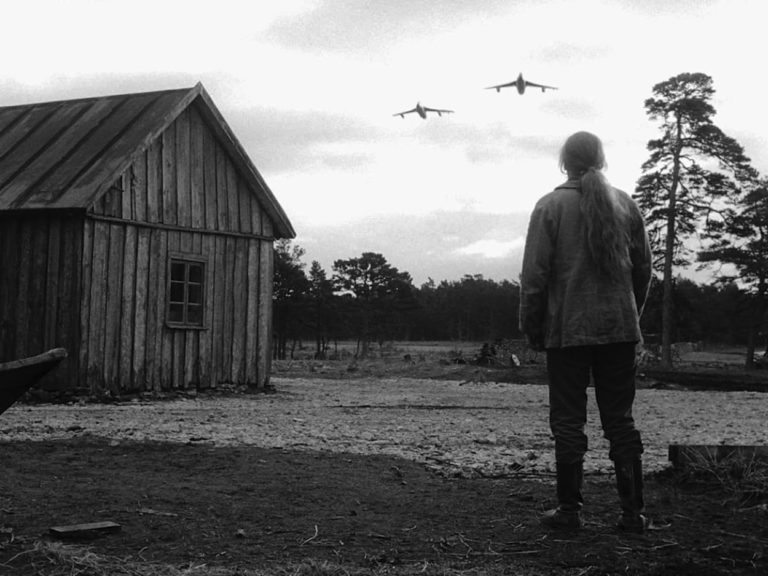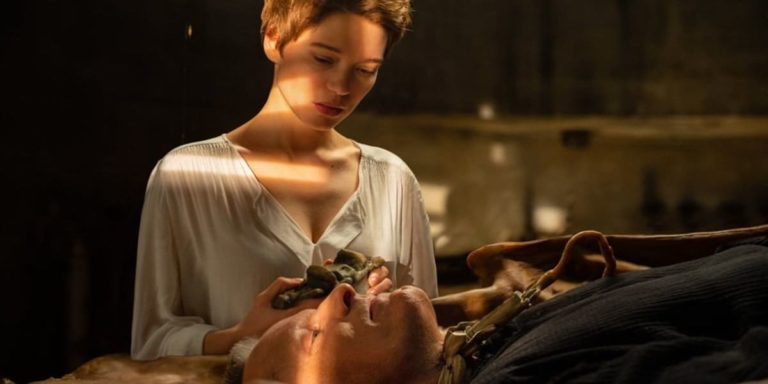L’Eclisse
Existential girl Monica Vitti meets material boy Alain Delon in L’Eclisse (The Eclipse), the last of Michelangelo Antonioni’s “Incommunicability” trilogy and by a stretch the easiest to watch. Whether this, L’Avventura and La Notte actually are thematically a trilogy at all is an argument best left for another day, but Antonioni didn’t see them that way – it was critics who lumped them together. What does definitely link all three is Monica Vitti – as a peripheral character who becomes much more important in L’Avventura, as chunky co-lead in La Notte but absolutely the main event here, from first shot to last. Antonioni starts the film with a brilliant scene set in a … Read more
